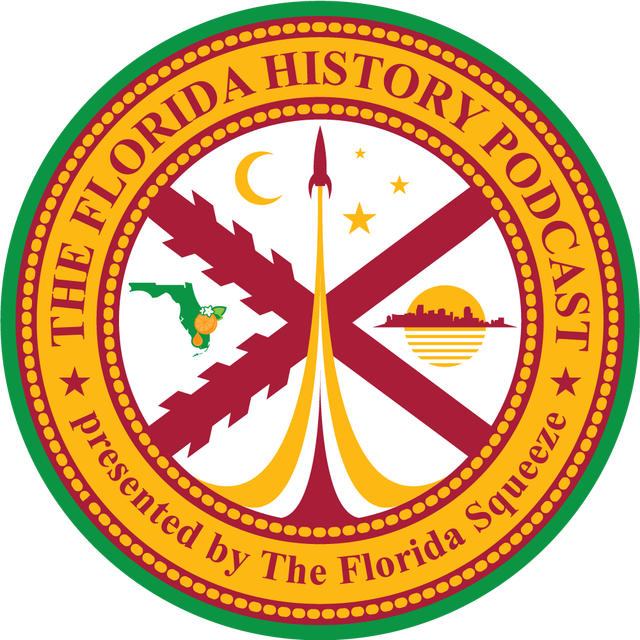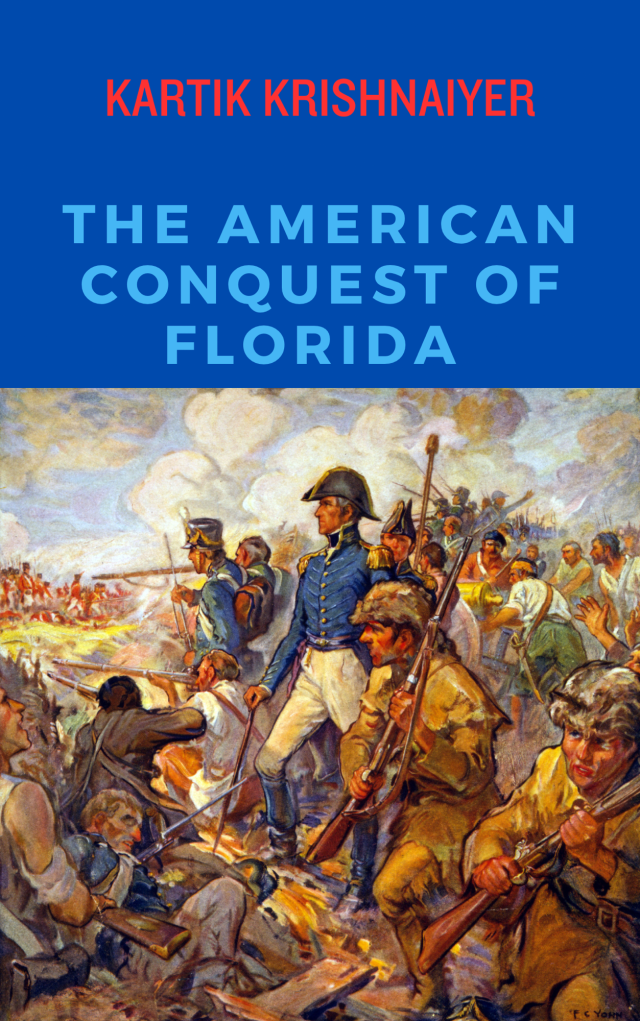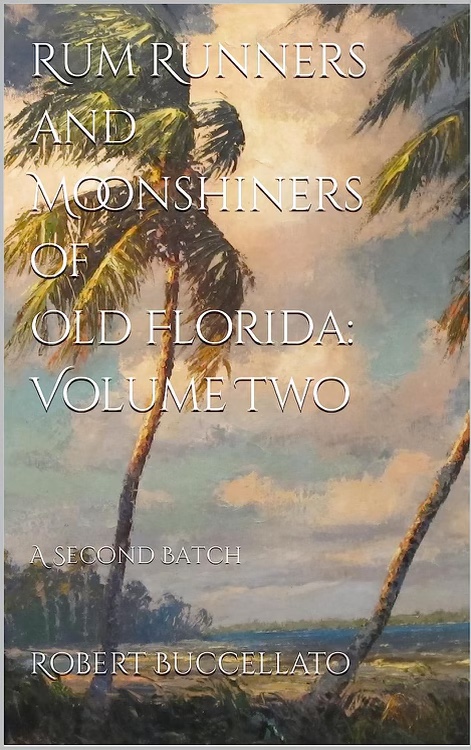Today is the 45th Anniversary of Martin Luther King Jr.’s assassination and this week was the 500th anniversary of Juan Ponce de León’s landing. Let’s look back at when Martin Luther King Jr. visited St Augustine in 1964 at the beginning of the 400th anniversary celebrations of St Augustine’s formal founding.
The oldest city in what is now the United States provided the backdrop for a tense summer in 1964. Florida under the leadership of Governor Ferris Bryant was defiant in the civil rights era. Bryant who followed the visionary Leroy Collins was a decided step back for the Florida. The Florida Legislature of the early 1960s was also especially hostile to Civil Rights.
In 1963 the NAACP targeted St Augustine as a community which could be used a powerful symbol of segregation in the south. The city was about to celebrate the 400th anniversary of its birth.
Sit ins began at St Augustine lunch counters in 1963 much as they had in Greensboro and other southern cities a few years earlier. Unlike the relative enlightenment of the upper south, Florida was a Ku Klux Klan hotbed and violence ensued. Under this pressure of violence, local African Americans began to rethink their strategy and the demonstrations began to die out.
At this point Martin Luther King entered the picture. St Augustine became the focus of King’s movement for the long hot summer of 1964.After King targeted St Augustine’s beach and downtown for integration, violence from local white citizens once again flared up. The Florida Legislature in its special report issued during the 1965 Legislative session blamed black Muslims from Jacksonville and “northern agitators” for the violence.
However, subsequent investigations have revealed that the local white population had violent elements and that the local political leadership including the St John’s County Sheriff’s office (which was singled out for praise in the Legislative report) were in fact less than even handed. The situation in St Augustine was tense and violence against the civil right demonstrators had a similar galvanizing affect on passage of the Civil Rights Act of 1964 through the House (Senate passage would come later after a filibuster which included Florida Senators George Smathers and Spessard Holland was broken) that the Selma incidents would a year later on passage of the Voting Right Act of 1965.
A Federal Court sided with the demonstrators after local officials prohibited them from organizing and machining at night. Local law enforcement claimed that they could protect the demonstrators only during the day. After the court order Governor Bryant, stated that he would stand on his constitutional rights as the Governor of Florida and would reject the court order. The state officially in its 1965 report blamed the Court order on lawyers from “New York and Chicago.” Florida may have been on the periphery of the civil rights revolution prior to 1964, but state officials had learned to mimic the talking points of other southern leaders like Ross Barnett, James Patterson and George Wallace.
The beach integration efforts were thwarted by the local police who left several demonstrators in the water to potentially drown. One of the staging grounds for the summer was the Monson Motel, which was open to whites only. There some white and black civil rights supporters went for a swim together and the motel’s owner sought to intimidate the swimmers by pouring acid in the pool. Dr King was also arrested for appearing on the motel’s premises. The Monson was recently torn down and replaced by a Hilton. One wonders if this was done to avoid the embarrassment this hotel represented on an otherwise great and historic city, St Augustine.
St Augustine is one of the great historic cities in America. With that backdrop it provided a powerful symbol for Martin Luther King Jr. and the civil rights movement. The events of the Summer of 1964 were an embarrassment for the state of Florida. The hostility Dr. King faced and the strength of the local Klan spoke volumes as to the state’s deep south mentality despite being historically very different from the aristocratic plantation driven deep south. Thankfully Dr. King’s efforts were not in vain and today Florida elects three African-Americans to congress and gave its electoral votes to an African-American in the 2008 Presidential Election.
Film from the state archives of St Augustine’s Civil Rights Demonstrations.







Greatest law breaker in history who violated our laws and intruded on our state’s sovereign right to set our own laws. If you are loyal to Florida you’d not promote this ***** but look at your name, you must be with his ilk.
LikeLike
I preserved the entry door to the Radisson Ponce de Leon Resort and want to provide it to one of the MKR museums.
LikeLike